In a significant move to regulate the power of Big Tech, the European Union (EU) has identified 22 “gatekeeper” services operated by six of the world’s largest tech companies, including Alphabet (Google), Amazon, Apple, Meta (formerly Facebook), Microsoft, and TikTok’s parent company, ByteDance. These tech giants are set to face a comprehensive overhaul under the newly introduced Digital Markets Act (DMA), part of the EU’s ongoing efforts to rein in the influence of tech giants.
Seen as a companion to the Digital Services Act (DSA), which places greater responsibilities on tech companies for content shared on their platforms, the DMA aims to level the playing field between these tech giants and smaller competitors.

Key Provisions of the DMA:
- Gatekeeper Classification: Companies with over 45 million monthly active users and a market capitalization of €75 billion ($82 billion) are designated as gatekeepers, providing core platform services.
- Interoperability: Gatekeeper companies must ensure that their messaging apps are compatible with rivals’ services, fostering competition and user choice.
- Pre-Installed Apps: Users will have the ability to choose which apps come pre-installed on their devices, reducing the dominance of default apps.
- Penalties for Non-Compliance: Companies that fail to meet their obligations under the DMA can face fines of up to 10% of their annual global turnover.
While Google faces additional scrutiny across services like Android, Maps, and Search, Meta’s Facebook, Instagram, Marketplace, and WhatsApp also fall under the gatekeeper classification.
Notably, gatekeepers have the option to seek interim measures to suspend the rules, but this would require launching a legal case in the EU Court of Justice in Luxembourg—a step that hasn’t been taken yet.
Zalando, following the introduction of the Digital Services Act, took the Commission to court in June, highlighting the potential legal battles ahead.
EU industry chief Thierry Breton emphasized the significance of the DMA, stating, “The most impactful online companies will now have to play by our EU rules.”
Microsoft accepted its gatekeeper designation, while Meta, Google, and Amazon are reviewing their designations. Apple and TikTok, on the other hand, expressed concerns about user privacy and potential app “side-loading.”
The Commission also exempted certain services, including Alphabet’s Gmail, Microsoft’s Outlook, and Samsung’s browser, based on their justifications that they do not qualify as gatekeepers. However, market investigations have been initiated to assess claims made by Microsoft and Apple regarding other core platforms such as Bing, Edge Microsoft Advertising, and Apple’s iMessage services.
As tech giants navigate this new regulatory landscape, the EU’s Digital Markets Act sets the stage for a more competitive and user-centric tech ecosystem in Europe.










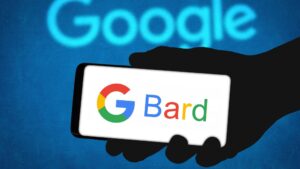


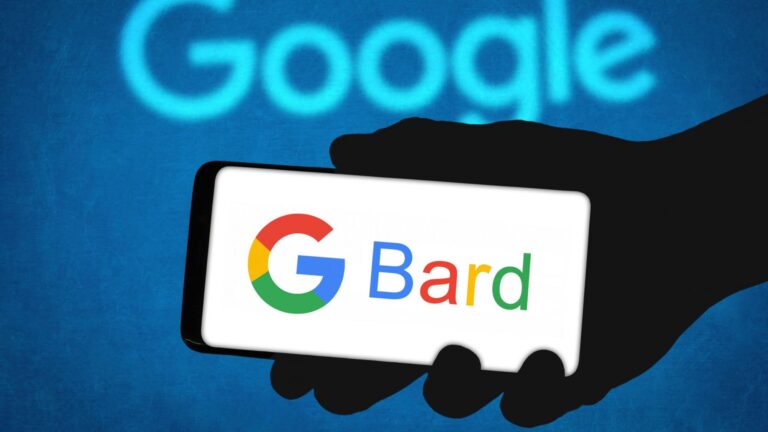
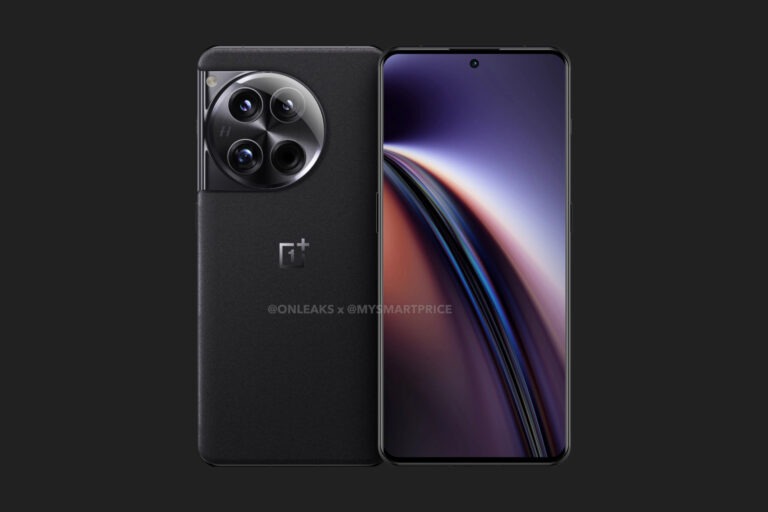




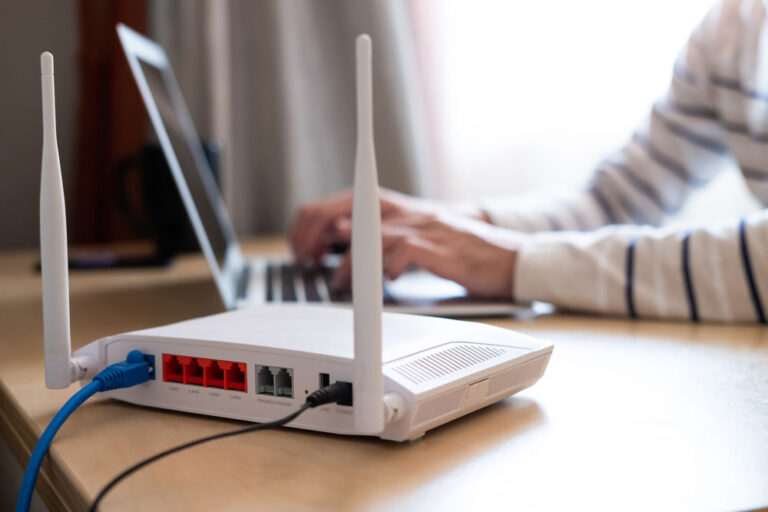

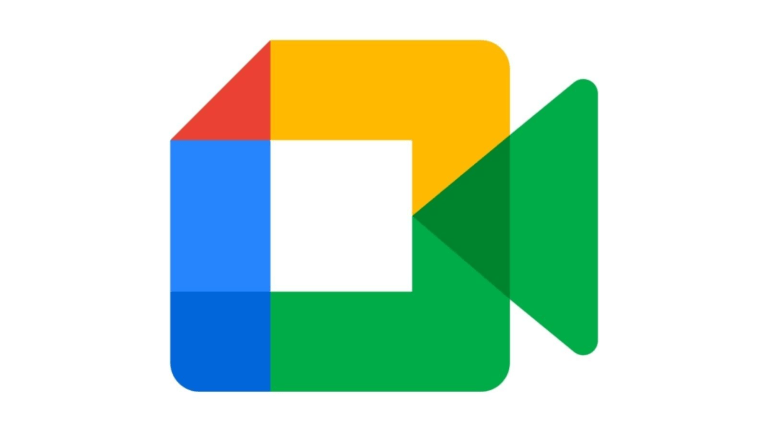
+ There are no comments
Add yours